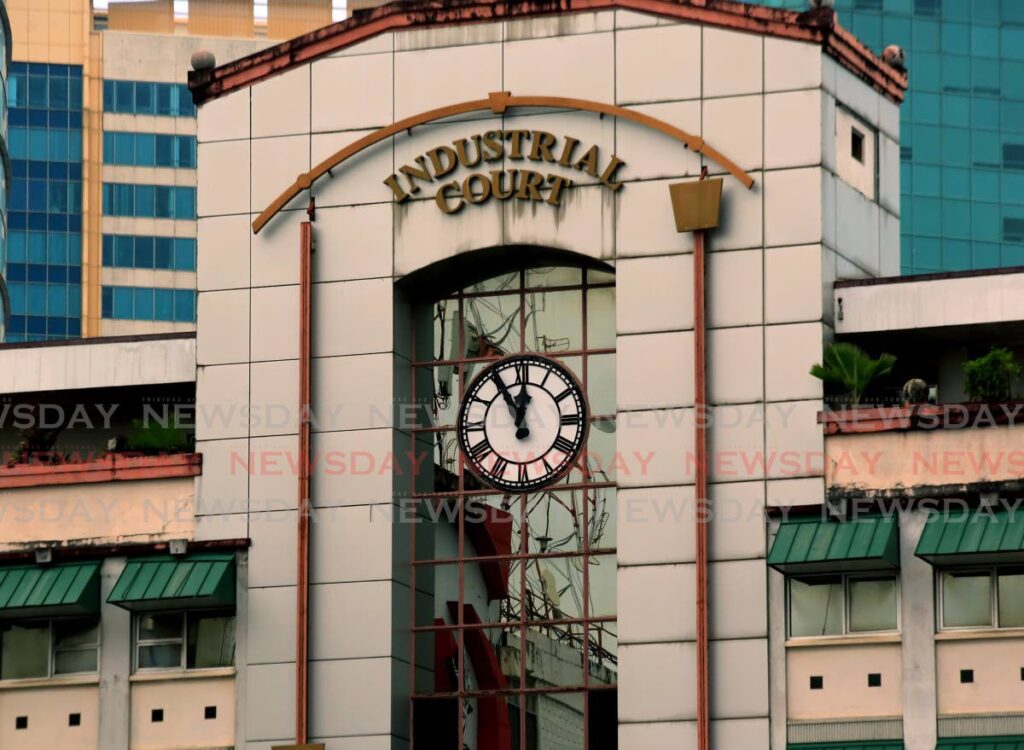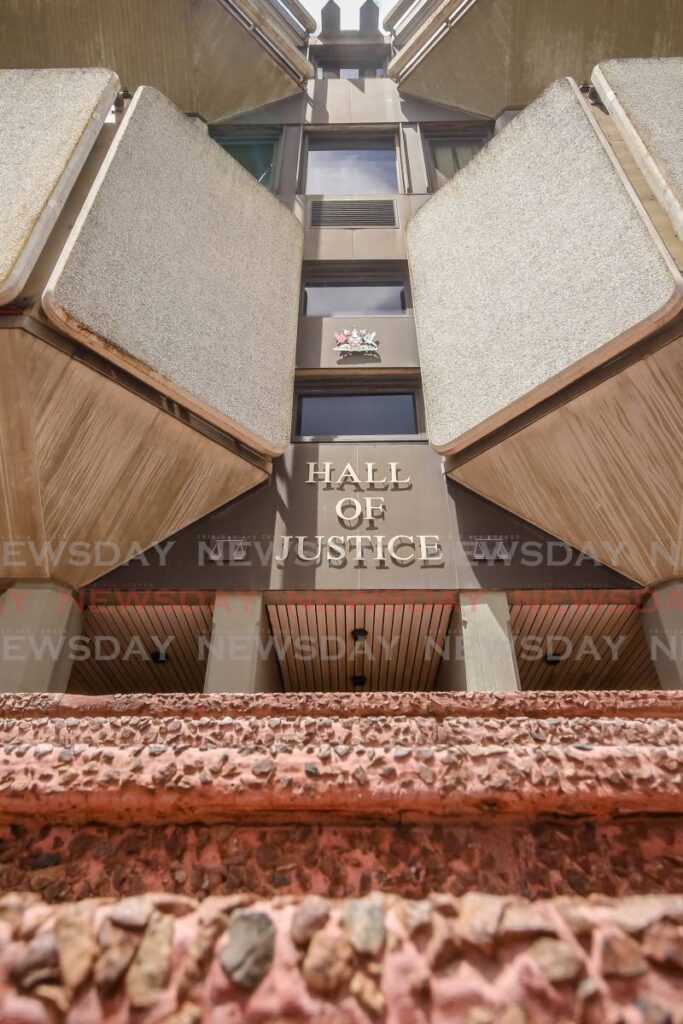When courts trump one another

There is a hierarchy in law that distinguishes between the authority or importance of one law or judicial path over another.
Thus, under our system, a decision by the Judicial Committee of the Privy Council trumps one made by the civil court or the Appeal Court here.
So the Constitution reigns supreme and establishes what is accepted as public policy, followed by laws, or acts, legislated in Parliament, then proclaimed by the President (before being passed and proclaimed they are still called bills and are not yet enforceable).
After acts come regulations attached to acts, then, in descending order, are contracts (some equal to acts) and agreements such as collective agreements between groups of companies or companies and trade unions (both defined as "persons" under the Industrial Relations Act).
Employment status, similarly, has a hierarchy, just as the Prime Minister heads Cabinet and Cabinet ministers, who trump permanent secretaries and so on down the line to the lowliest wage-earner. So does the chairman of the board trump a board of directors; and in a private firm which is owned by the managing director or general manager, they exercise authority over the managers he or she appointed. Managers and supervisors in turn rank above administrative or technical staff and labourers.
It is just the way it works, even in the animal, poultry and insect communities. This is reflected in human communities as well, which sometimes take different paths according to the relevant hierarchies: family, judicial, religious, criminal and, of course, industrial relations. As in the current cases involving Vincent Nelson et al, some disputes may involve different systems at the same time, and go to both a civil court and the Industrial Court and even a family or religious court.
Most courts allow for an appeal against the decisions of the court they are sent to, some even to the Caribbean Court of Justice or the Privy Council – except the Industrial Court.

Section 10 of the Industrial Relations Act makes it very clear that, unless the dispute was obtained by fraud (criminal) or is erroneous in point of law, the award of the Industrial Court “shall not be challenged, appealed against, reviewed, quashed or called into question in any court on any account whatever.” So while a case may be won or lost or appealed on a strictly legal or criminal point, in relation to an industrial-relations issue, it may be decided differently, because Parliament and the Constitution have recognised the principles and practices of good industrial relations require a different level of knowledge and expertise on the part of the court's members than those required of judges in other courts dealing with other jurisdictions.
The issues involving terminations of employees’ employment contracts make this particularly clear. In the High Court case Claim No CV 2019-03930, between a dismissed employee and the organisation she worked for, as was the path chosen by Jwala Rambarran through the civil courts, the court pointed out, “There is a clear distinction between the common law jurisdiction as it relates to 'wrongful dismissal' and the statutory empowerment vested in the Industrial Court and then ultimately the Court of Appeal as it relates to the issue of unfair dismissal…"
In that case, the judge said he is resolute in his view that the jurisdiction of the High Court does not extend to a determination of the issue of unfair dismissal and that matters before the High Court have to be determined with regard to the law in relation to wrongful dismissal.
As is happening more frequently in relation to retrenchment and severance benefit issues, this crossover does happen, where the decision to retrench takes place arising out of the decision of the owner/board or managing director of the company on the grounds of redundancy, which the RSB Act No 32 of 85 defines as: "the existence of surplus labour in an un undertaking for whatever cause.”
If a company has to close down completely, not just in part, however, the High Court has ruled that severance pay is not payable to the retrenched workers, which in the instance of Ispatt caused considerable pain to longstanding workers, as it was not closed in part, but entirely. The reason was that the company had apparently agreed during negotiation to union demands which, owing to the drop in the world price of steel, it could no longer afford. But the Industrial Court agreed to the union’s unrelenting demands. This made Ispatt no longer viable and it closed down the entire organisation and moved to Wales, where, I believe, the union accepted the company’s position and it is still operating.
If the company was not closed by the decision of the company itself, through its own decision-makers, but by a law or regulatory body with superior authority, or as the result of a command by the Central Bank; or, as during the pandemic, by the Government; or one of its representatives, such as the Inspector of Banks, due to bankruptcy; or the Cabinet command that all but essential services “for whatever reason,” as mentioned above, should be closed down during the pandemic – employees were not due to receive severance pay. Shareholders lost their investment, employees and managers (who were also employees) lost their livelihoods and their stake in the organisation, not from any malfeasance of their own, but by political fiat.

Comments
"When courts trump one another"